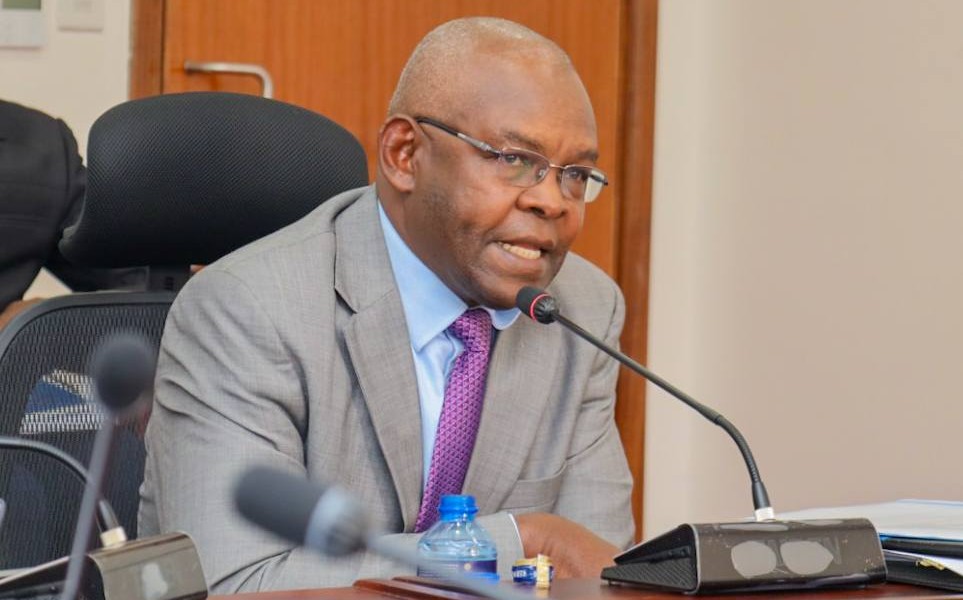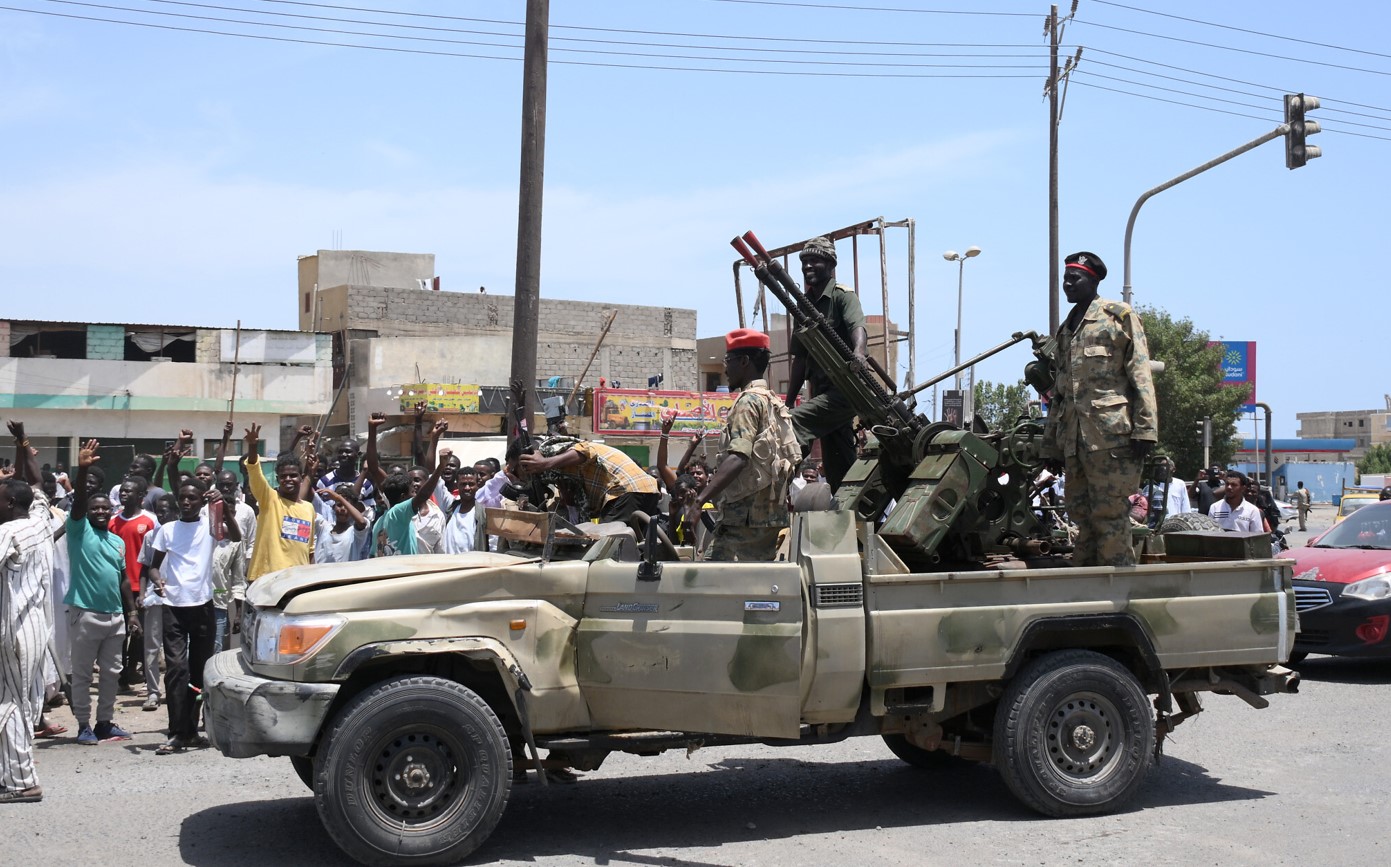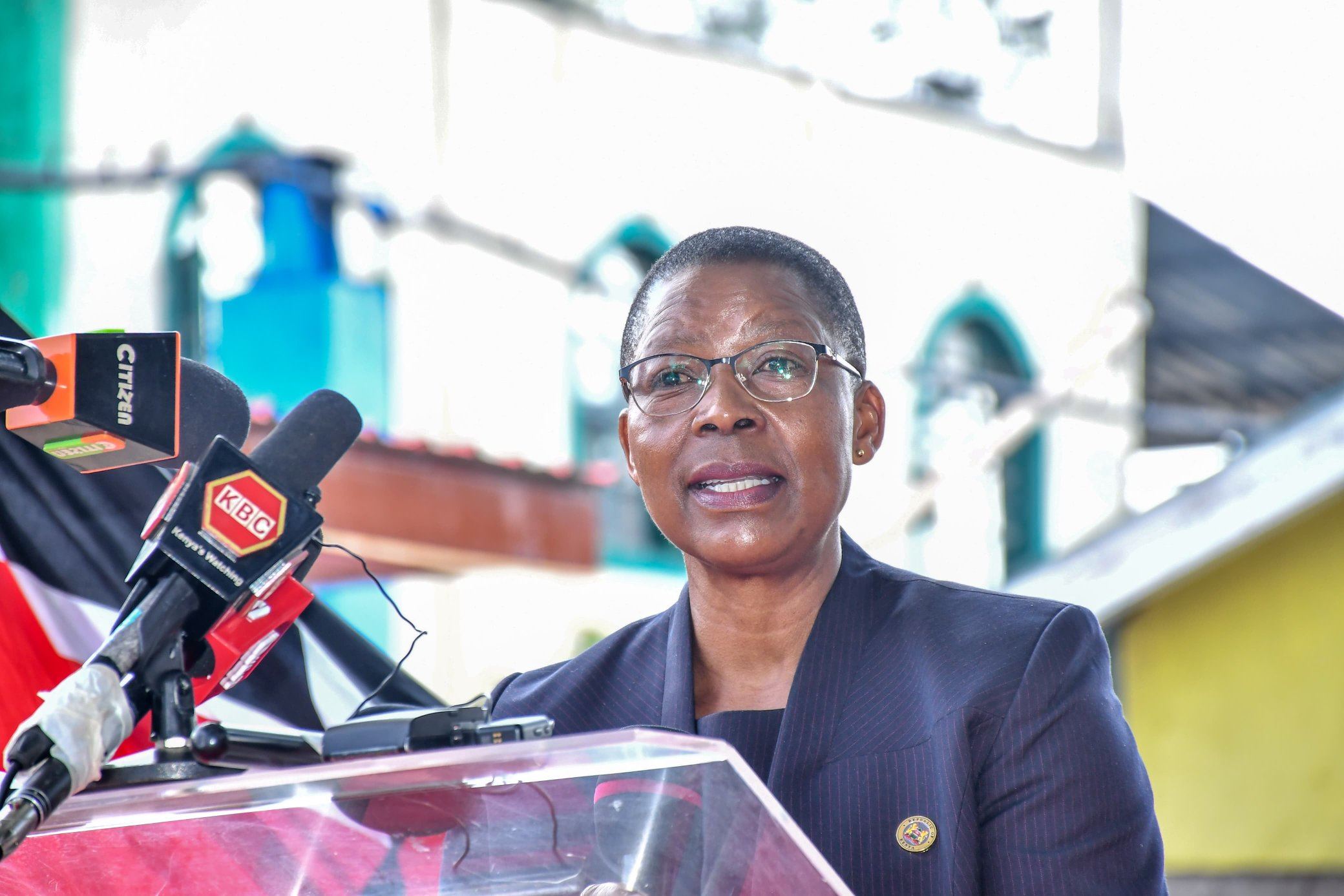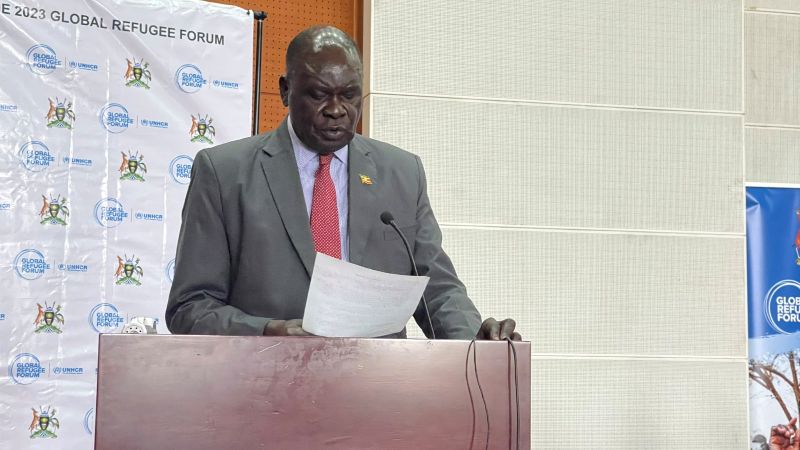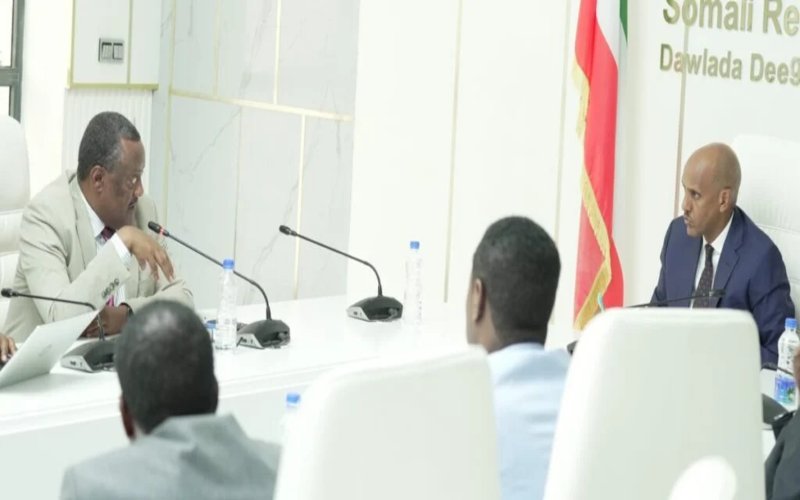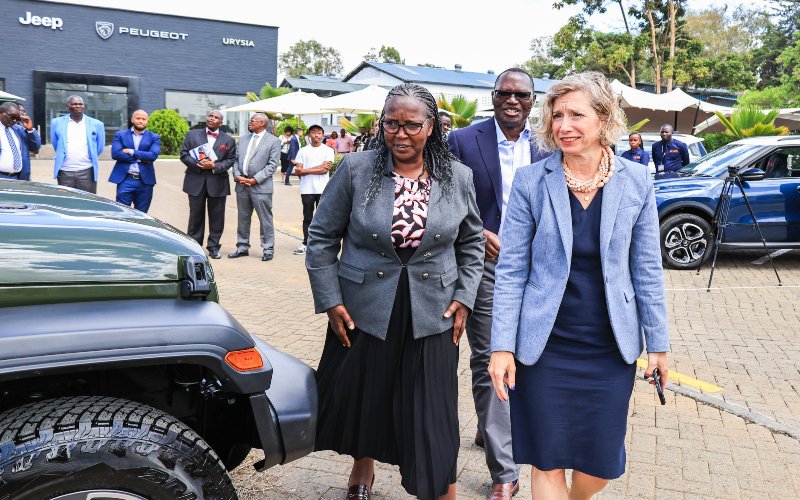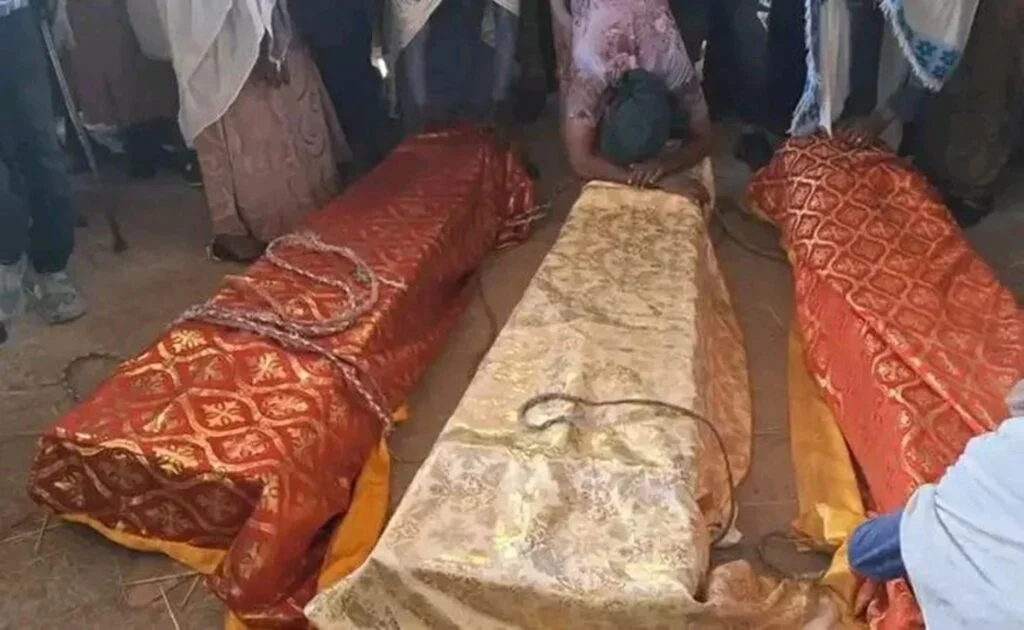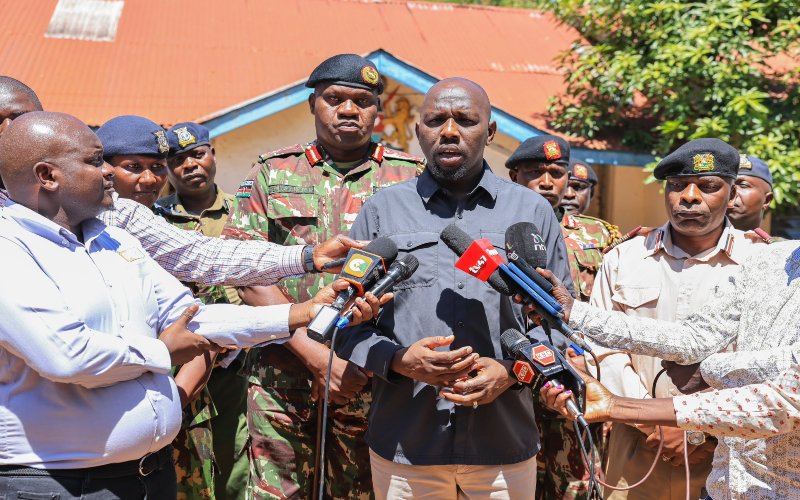International Rescue Committee warns millions at risk as drought intensifies across Northern Somalia

The IRC warns that without immediate and expanded humanitarian action, malnutrition rates could surge, putting millions of lives at risk.
Communities in northern Somalia are confronting their third consecutive failed rainy season, threatening millions with hunger, malnutrition, and water shortages, as the International Rescue Committee (IRC) ramps up anticipatory and emergency interventions in the worst-hit areas, including Mudug.
Recent rainfall data shows that households across northern Somalia are facing significantly below-average rains, worsening already fragile food security.
More To Read
- Somali Region frees ‘121 unlawfully detained’ people, ‘pardons’ two jailed journalists, Rights Commission says
- City Hall moves to recognise urban farmers in policy review
- South Sudan and Somalia eye group stage in FIFA Arab Cup 2025 qualifiers
- Somalia faces worsening hunger with millions needing assistance
- East African Court postpones swearing-in of nine Somali legislators to EALA
- Somali referee Omar Abdulkadir Artan crowned CAF Best Male Referee 2025
The IRC warns that without immediate and expanded humanitarian action, malnutrition rates could surge, putting millions of lives at risk.
The situation mirrors the 2020–2023 East Africa drought, which left approximately 30 million people food insecure due to prolonged drought conditions.
Successive seasons of poor rainfall have devastated livelihoods, drying up water sources, depleting pastures, and exhausting the coping capacities of already vulnerable agro-pastoral communities.
“We are facing a potentially dire emergency unless rains arrive within the next 10 days. Communities in Mudug and across Somalia have already endured repeated climate shocks, and the current conditions risk erasing years of hard-won recovery. Many are still rebuilding from the 2020–2023 drought, the worst East Africa had seen in over four decades,” said Abukar Mohamud, IRC Somalia Deputy Director of Programs.
The IRC highlighted that deepening drought conditions coincide with funding shortages that have forced humanitarian agencies to scale down operations.
As a result, assistance currently reaches only about 1.57 million people, far below the 4.57 million in need. To mitigate the crisis, the IRC is implementing anticipatory action measures for the first time in Somalia, linking forecasts to early interventions that include nutrition support, cash transfers, and water and hygiene services to prevent malnutrition and disease outbreaks.
Working closely with local authorities, partners, and civil society, the IRC is also rehabilitating boreholes, restoring water sources, and deploying mobile health services to reach the most vulnerable and conflict-affected communities.
The IRC has called on global leaders to fully fund the Somalia Humanitarian Response Plan, which remains less than 25 per cent financed with only one month left in the year.
The organisation has been operating in Somalia continuously since 2007, supporting families across Banadir, Puntland, South-West, Jubaland, and Hirshabelle states with healthcare for malnourished children, unconditional cash transfers, and emergency services.
By scaling up early and emergency interventions, the International Rescue Committee aims to protect lives and livelihoods before conditions worsen irreversibly, emphasising that timely action is critical to prevent another large-scale humanitarian crisis.
Top Stories Today
Reader Comments
Trending

